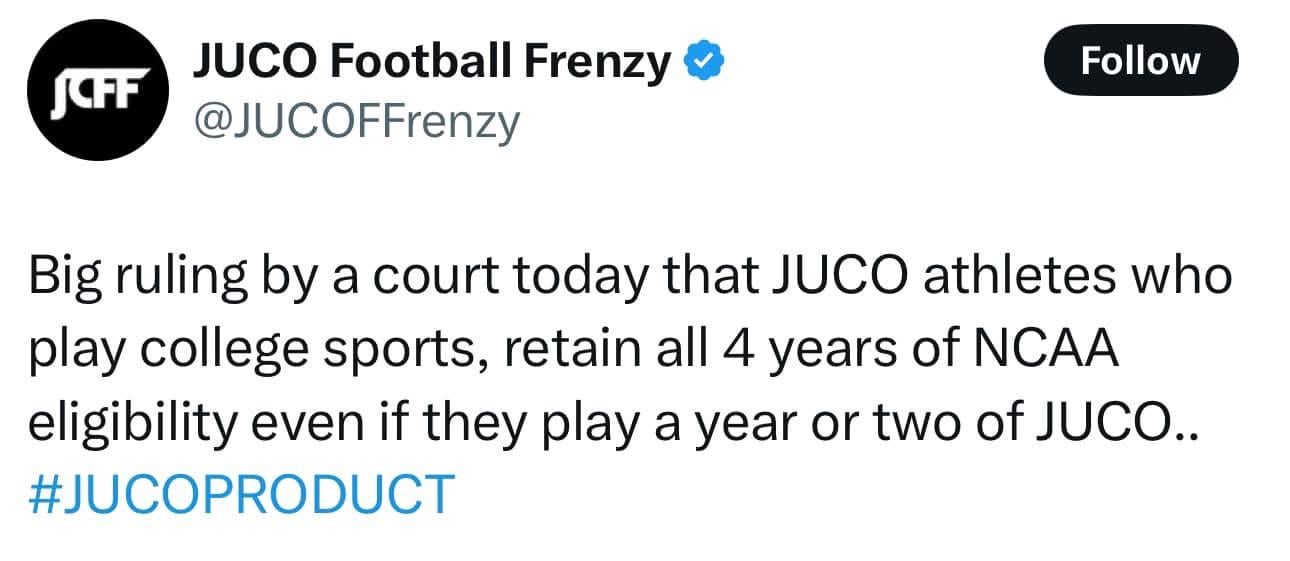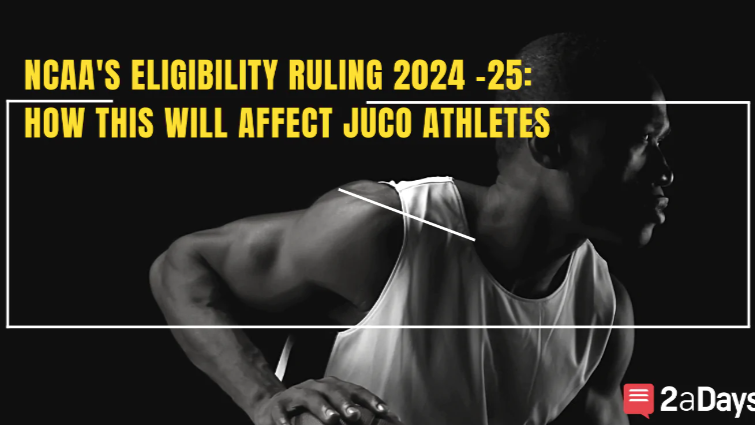Okay, so I’ve been digging into this whole “NCAA junior college ruling” thing, and man, it’s a bit of a maze. I wanted to get a handle on it, so I figured I’d document my process. Hopefully, this helps someone else out there!

My Deep Dive into Junior College Rules
First, I started by just plain old Googling. You know, “NCAA junior college eligibility,” “transfer rules,” that kind of stuff. I was immediately hit with a wall of information, some of it outdated, some of it just plain confusing.
Then, I decided to go straight to the source. I headed over to the NCAA website. Finding the specific rules for junior college transfers wasn’t exactly a walk in the park. It felt like navigating a labyrinth of menus and submenus.
After some digging, I found what seemed like the relevant section. But honestly, it was written in that super dense, legal-style language. It was tough to decipher, like trying to understand a foreign language! I spent a good chunk of time just trying to make sense of the basic terminology.
- I started taking notes, trying to break down the complex rules into simpler terms.
- I focused on things like credit hour requirements, GPA minimums, and the whole “seasons of competition” thing. It’s surprisingly complicated!
- I also looked into the differences between Division I, Division II, and Division III rules, because they’re not all the same.
One thing that really helped was finding some real-life examples. I searched for news articles about athletes who had transferred from junior colleges to NCAA schools. Seeing how the rules played out in actual situations made things a bit clearer.
I’m still not 100% sure I’ve got it all figured out. It’s definitely something you have to keep researching and re-checking. The rules can change, and there are always exceptions and special cases. But I feel like I’ve got a much better grasp on it now than when I started.

My biggest takeaway? Don’t rely on just one source. Cross-reference information, read multiple interpretations, and if you’re really serious, maybe even talk to an academic advisor or someone who deals with this stuff regularly. It’s a complicated topic, so it’s worth putting in the time to do it right!